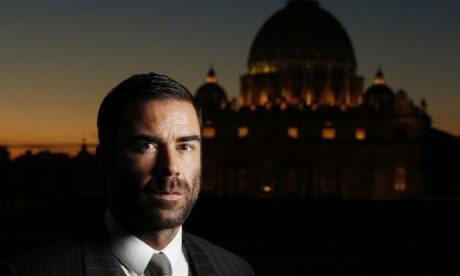It was an unusual way for a Vatican official to begin a talk at Oxford University’s shiny new school for public policy wonks: By commemorating a dead cardinal.
And even more unusual when the official is a layman.
After beginning with a joke that the Vatican had rather more thick walls and fewer windows than the glass-and-steel Blavatbik School of Government — “but still we hope we are introducing transparency in our own way” — René Brülhart asked the students and professors to observe a moment’s silence for his predecessor as head of the Vatican’s financial watchdog, Cardinal Attilio Nicora, who died earlier this week.
The Swiss regulator, president since 2012 of the Vatican Information Authority (AIF), has had remarkable success in creating and implementing new laws and regulations to prevent Rome’s finances ever again exploding in scandals.
After seeing him talk to students of change management, I think I know why.
The auditor — who came to the Vatican after a remarkable success in clearing up that other traditional European money-laundering center, Lichtenstein — is an instrument of reform and change.
He should be a major threat to the Vatican old guard, always suspicious of outside experts who think they know best.
Yet that gesture towards his predecessor shows his sensitivity towards the culture of the curia.
Many of the questions from the audience, predictably, were inviting him to share stories of the tensions involved, but he never criticized anyone.
He had been given a warm welcome, he said (“walls may be thicker, but people in the Vatican are very warm-hearted”), there was a “big curiosity to learn and understand,” and he was only able to introduce change because of the huge backing from the top he had received.
Brülhart has succeeded in the Vatican in large part because of his sensitivity to its singularity as both a sovereign and global institution. Rather than aggressive talk of “modernizing” the Vatican, Brülhart has sought to create a “tailor-made” system of regulation — a term he used often in his talk — that brings the Vatican into line with contemporary European standards but without sacrificing its uniqueness. Continue reading
Source and Image:
- Crux article by Austin Ivereigh, contributing editor at Crux
